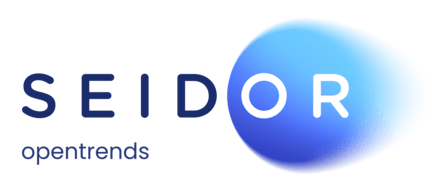
Thinkö
Creation of a new eLearning Saas
Challenge
Navigating the path to success
Thinkö needed to easily generate and adapt new projects and teaching units for a new product, aiming for teachers to be able to bring it to the classroom as quickly as possible. Additionally, the following barriers needed to be overcome:
- Difficulties in connecting experiences with the educational curriculum.
- Limited ability to collaborate on the programming and execution of new educational experiences.
- Lack of a centralized position for evaluation and communication between teachers and students.
Solución
The key to transformation
Design, development, and deployment of an e-learning SaaS platform focused on teachers and students, to support new project-based digital learning methodologies. The platform simplifies the creation of new educational experiences, easily connecting them with the official curricula of different autonomous communities. Additionally, it allows for efficient management of calendars, teachers, students, submissions, communication, and evaluations.
- Technology
eLearning platform.
- Methodology
Agile, SCRUM.
- Design
UX/UI, motion.
- Partner
AWS, Google Cloud.

Creation of a new cutting-edge e-Learning system focused on agility to include new content.
Result
The impact of working together
- A new subscription-based business model based 100% on technology.
- Greater agility to include new content and adapt it.
- MVP launch in just 14 months.
- Successful adaptation of scope.


